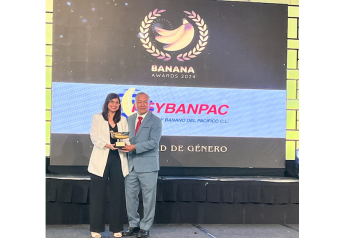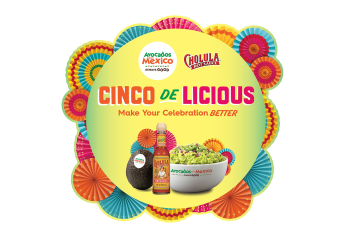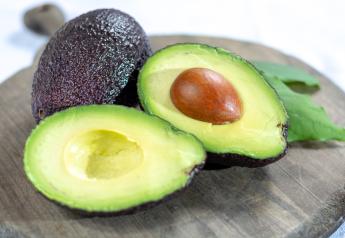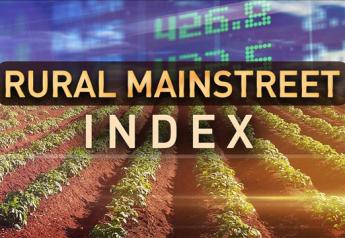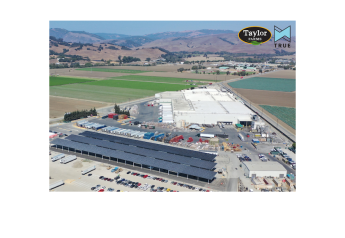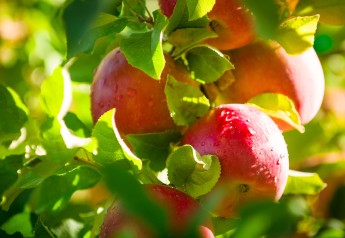European Union single use plastics directive enters into force
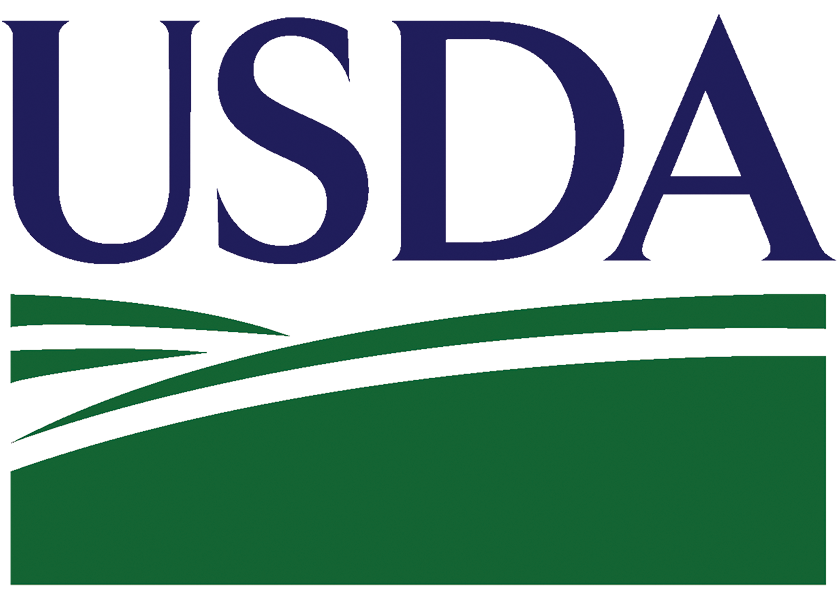
On July 3, 2021, the Single Use Plastics Directive (SUP) (Directive EU 2019/904) will enter into force.
The EU has longstanding rules on packaging and food packaging dating back to 1994 with Council Directive 94/62/EC requiring EU Member States (MS) to take measures that reduce packaging waste while introducing systems for reuse, recovery, and recycling of packaging materials.
The Directive provides for measures aimed at limiting the production of packaging waste and promoting recycling, re-use and other forms of waste recovery.
Materials and packaging in contact with foodstuff are regulated by the EU Regulation 1935/2004 which specifies the main requirements for all materials that come into contact with foodstuffs.
It also sets out labeling and traceability requirements and the procedure for the authorization of substances through the European Food Safety Authority (EFSA).
EU rules on food packaging are in the process of being updated and reviewed. The first key change was the 2019 adoption of the Directive on the reduction of the impact of certain plastic products on the environment also known as the Single Use Plastic Directive.
More initiatives to update the EU requirements for food packaging were announced as part of the European Green Deal and the EU Circular Economy Action Plan.
The Single Use Plastic Directive
Directive (EU) 2019/904 combines different measures to reduce the impact of certain plastics products, including an EU-wide ban on single-use plastics whenever alternatives are available.
Single-use plastics are solely or partially made of plastic and are typically intended to be used just once or for a short period of time before they are thrown away. The plastic products to be banned under the directive include cutlery, plates, straws, cotton bud sticks, beverage stirrers, sticks for balloons, food containers made of polystyrene and products made from oxodegradable plastic. Disposable plastic products, such as sanitary items, wet wipes, tobacco products with filters and drinking cups, need to carry a label to inform consumers about appropriate waste management options. EU Member States have to transpose the directive into national law by July 3, 2021 and both the market restrictions and marking of products apply as of this date.
In addition to the ban, the SUP requires the EU MS to quantitatively reduce the consumption of certain single-use plastics for which there is no alternative available by 2026 with the consumption of these products in 2022 as a baseline.
The directive also sets collection targets and design requirements for plastic bottles, which will apply as of July 3, 2024. The ‘polluter pays’ principle will apply from December 31, 2024 for most products, requiring that producers cover the costs of collection, transport and treatment, cleanup litter and awareness raising measures, or ‘extended producer responsibility’ (EPR) schemes. For more information on the SUP see the following link.
.
On May 31, 2021, the European Commission published guidelines to direct the implementation of the Single Use Plastics Directive, including some product-specific examples to illustrate what food and beverages containers, bottes and other (single-use) plastics are covered by the scope of the directive.
The European Green Deal and the Upcoming Initiatives on Food Packaging On March 11, 2020, as part of the European Green Deal, the European Commission published its Circular Economy Action Plan. The Action Plan lists 35 actions that focus on the design and production for a circular economy, with the aim to ensure that the resources used are kept in the EU economy for as long as possible. As part of this Action Plan, the Commission announced that it will propose new legislation on packaging, packaging waste, bioplastics and food contact materials. Please find below a short description of some upcoming legislative proposals that may have an impact on exports of U.S. food products to the European Union.
Reducing packaging waste and mandatory requirements on recycled plastic content and plastic waste reduction measures
The European Commission wants to ensure that all packaging on the EU market is reusable or recyclable in an economically viable way by 2030. To do so, the Commission has announced that it would review the 1994 directive on packaging and packaging waste to reinforce the mandatory essential requirements for packaging to be allowed on the EU market.
The Commission will also propose mandatory requirements for recycled plastic content and waste reduction measures for packaging. The Commission is finalizing its impact assessment on the review of the Directive on packaging and packaging waste and a legislative proposal is expected to be published this year (2021).
Policy framework for bio-based plastics and biodegradable or compostable plastics
There is currently no EU law in place that applies to bio-based, biodegradable and compostable plastics in a comprehensive manner.
As part of the EU Circular Economy Action Plan, the Commission announced the adoption of a policy framework on the sourcing, labeling and use of bio-based plastics, and the use of biodegradable and compostable plastics. In December 2020, the European Commission’s independent Group of Chief Scientific Advisors delivered a Scientific Opinion on the Biodegradability of Plastics in the Open Environment. The scientists recommended limiting the use of biodegradable plastics to specific applications for which reduction, reuse, and recycling are not feasible, rather than as a solution for inappropriate waste management or littering. The European Commission is expected to publish the legislative proposal in 2022/2023.
Revision of EU legislation on food contact materials
The Commission has also announced that it would revise the EU rules on food contact materials (FCMs) to:
- improve food safety and public health through the reduction of the use of hazardous chemicals
- support the use of innovative and sustainable packaging solutions using environmentally friendly, reusable and recyclable materials
- contribute to food waste reduction.
On December 18, 2020, the European Commission published a roadmap that identified the shortcomings of the current EU food contact material legislation such as possible safety issues for non-plastics FCMs, a lack of prioritization of the most hazardous substances and up-to-date assessments, poor enforcement of rules, and a need to review the scope of legislation. With this roadmap, the Commission announces that it will prepare a legislative proposal by the end of 2022, which will be accompanied by an impact assessment.


